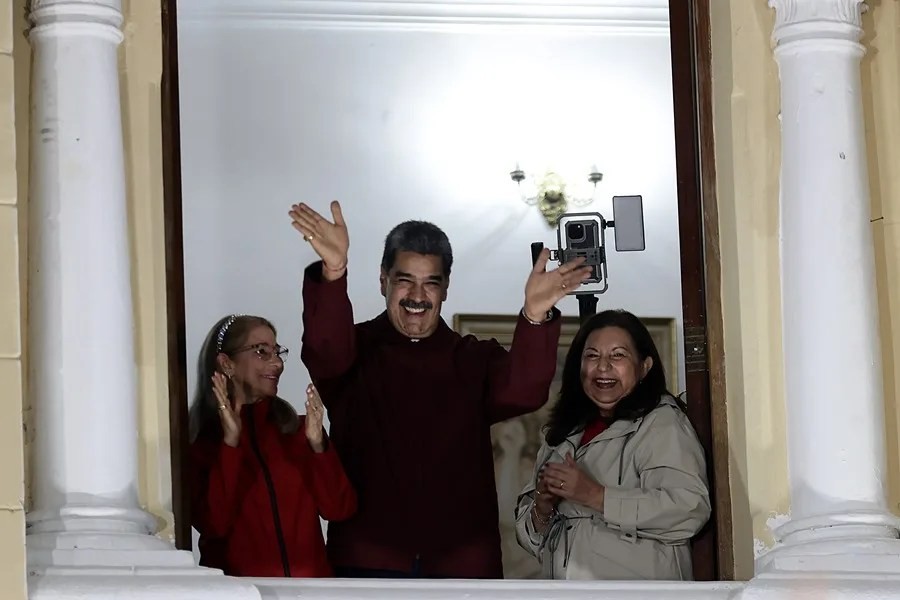Maduro’s Call for a ‘New Opposition’ Masks Venezuela’s Continued Authoritarian Grip
Nicolás Maduro’s recent appeal to a so-called ‘new opposition’ is less about national dialogue and more about consolidating authoritarian control, sidelining true opposition voices and undermining democratic progress.

Venezuela stands at another crossroads as President Nicolás Maduro extends an olive branch to a so-called “new opposition” following municipal elections that exposed the deep fractures within the country’s political landscape. But beneath the surface of his conciliatory language lies a familiar pattern of authoritarian consolidation that threatens Venezuela’s sovereignty and the liberty of its people.
Is Maduro Offering Dialogue or Masking Power Consolidation?
In state-controlled media broadcasts, Maduro invited this “new opposition” — essentially smaller factions willing to cooperate with his regime — to “pass the page of so many horrible chapters” and engage in dialogue for the nation’s future. Yet, these words ring hollow against a backdrop of systemic electoral manipulation, exclusion of mainstream opposition leaders like María Corina Machado and Edmundo González Urrutia, and persistent crackdowns on dissent.
The recent municipal elections showcased the regime’s grip: official results handed a staggering 285 out of 335 mayoral offices to Chavismo-backed candidates. Notably, even historically opposition-held strongholds like Maracaibo fell under government control amid contested voting conditions monitored by Maduro-friendly electoral officials.
How can Washington overlook these orchestrations when dealing with Venezuela? Accepting such sham elections only emboldens authoritarian regimes across the hemisphere who exploit international apathy while our southern border faces increased instability linked indirectly to failed governance south of it.
A ‘New Opposition’ or Co-opted Puppets?
Maduro labels parties led by Machado and González Urrutia as “ghosts,” dismissing their legitimate claims while elevating compliant factions as the “true voice” of Venezuelan voters. This clever reframing attempts to delegitimize genuine democratic forces in favor of controlled interlocutors who bolster regime narratives.
For hardworking Americans invested in promoting freedom worldwide, supporting such contrived dialogues undermines national sovereignty principles we cherish. Genuine reconciliation must come from free elections without interference or intimidation—not from superficial concessions manufactured by autocrats desperate to maintain power.
This ongoing charade highlights why an America First approach demands unwavering support for authentic democratic movements abroad and firm diplomatic stance against regimes subverting liberty under false pretenses.
